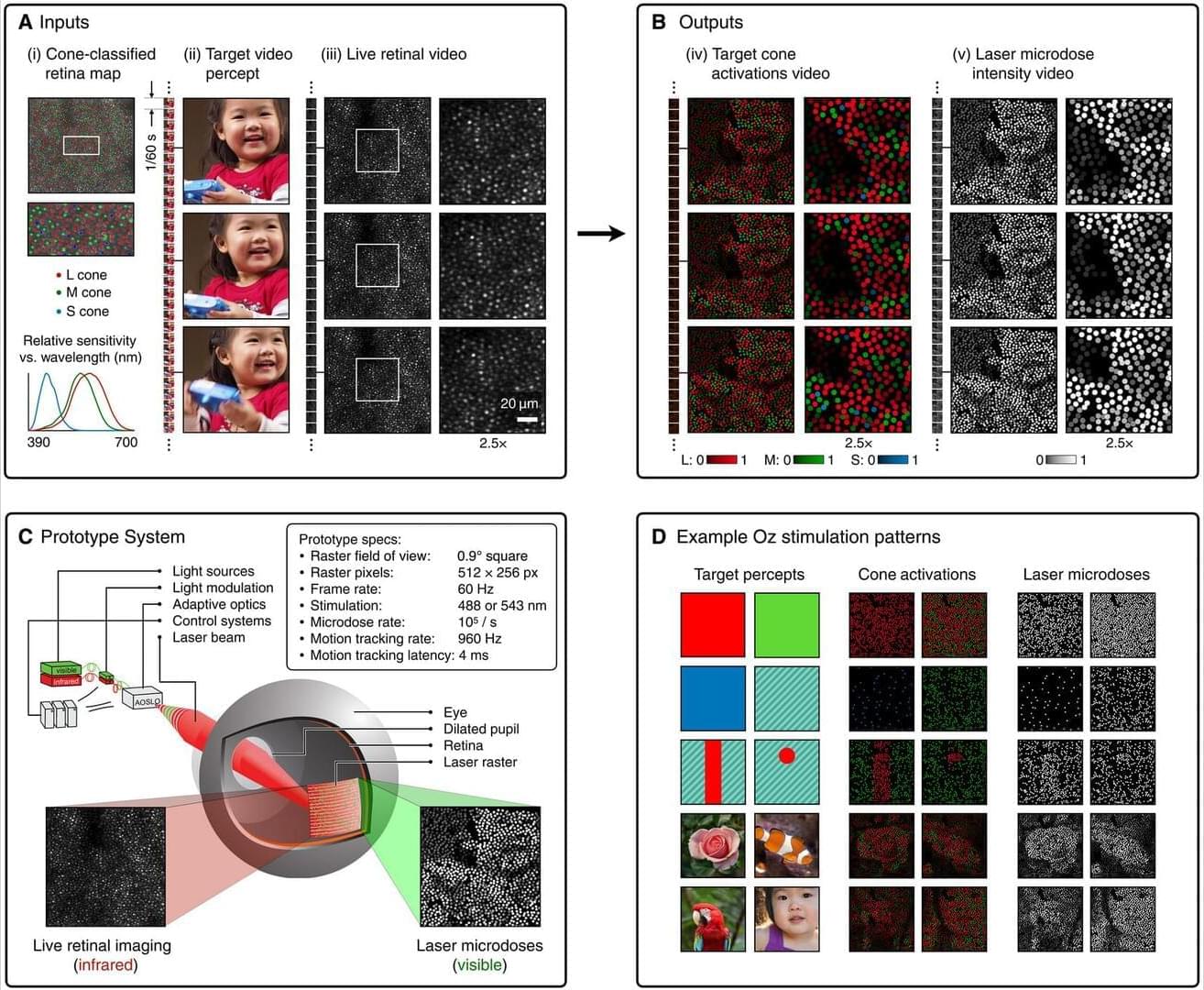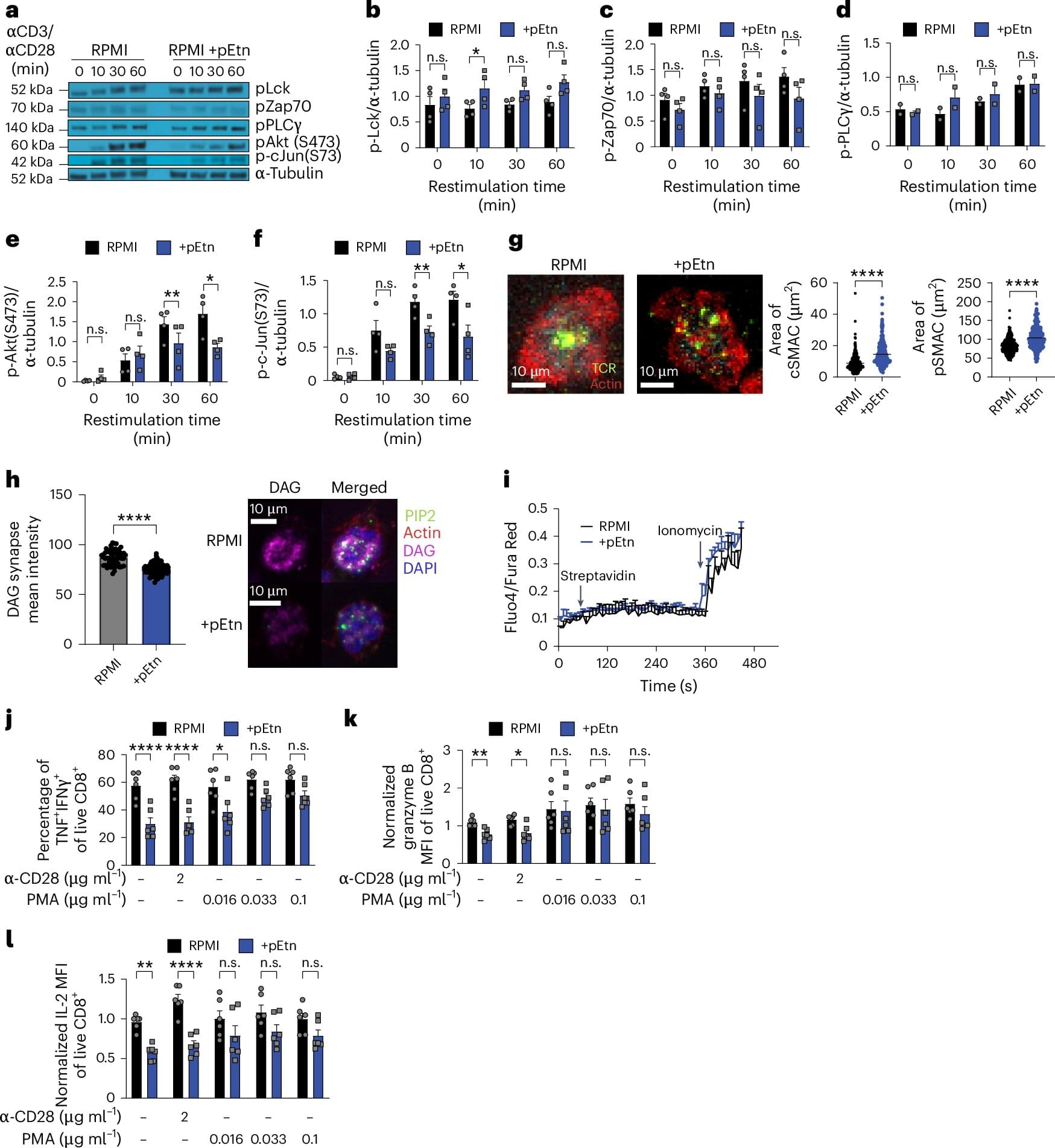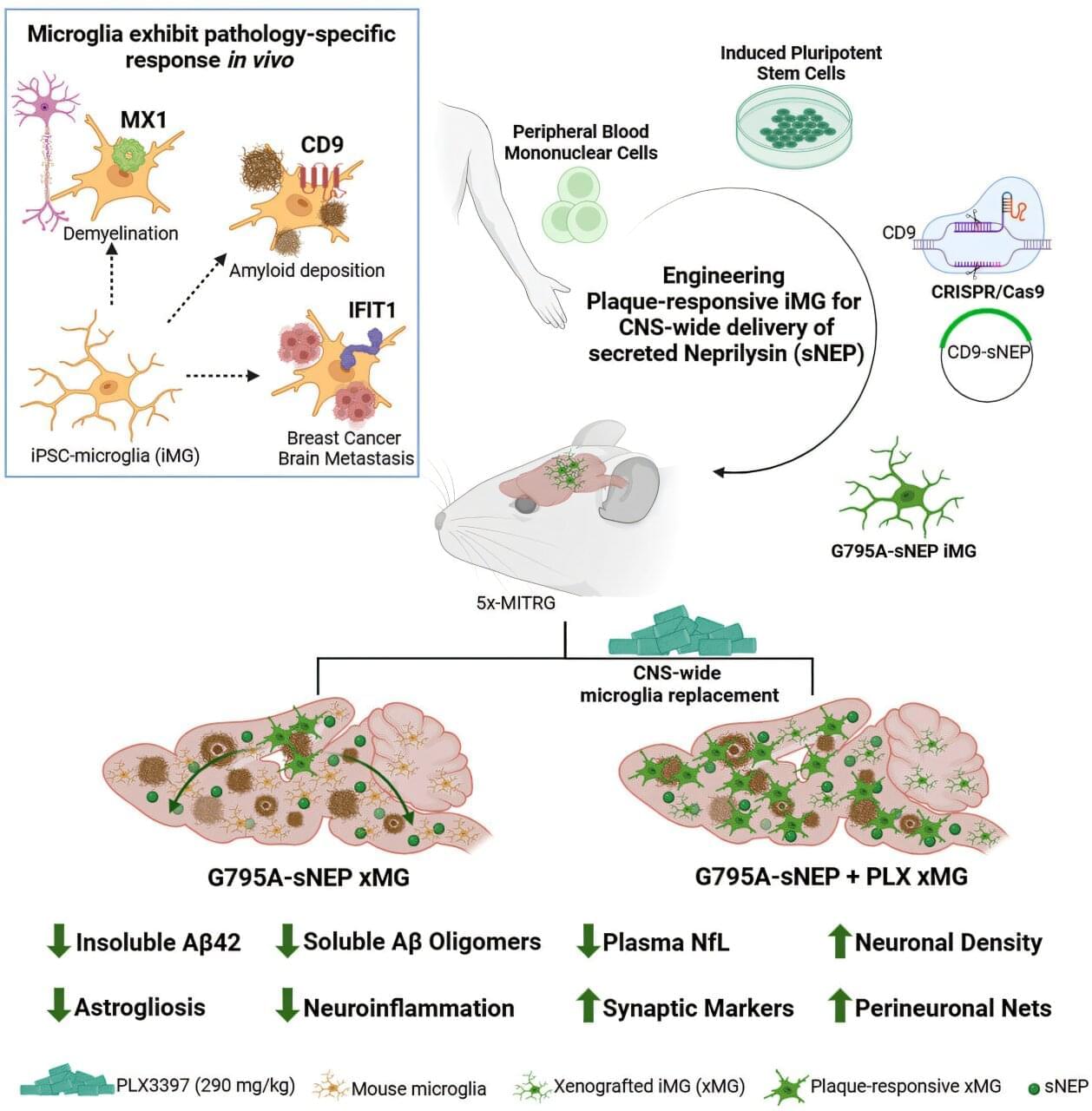When Demis Hassabis won the Nobel Prize last year, he celebrated by playing poker with a world champion of chess. Hassabis loves a game, which is how he became a pioneer of artificial intelligence. The 48-year-old British scientist is co-founder and CEO of Google’s AI powerhouse, called DeepMind. We met two years ago when chatbots announced a new age. Now, Hassabis and others are chasing what’s called artificial general intelligence—a silicon intellect as versatile as a human but with superhuman speed and knowledge. After his Nobel and a knighthood from King Charles, we hurried back to London to see what’s next from a genius who may hold the cards of our future.
Demis Hassabis: What’s always guided me and— the passion I’ve always had is understanding the world around us. I’ve always been— since I was a kid, fascinated by the biggest questions. You know, the— meaning of— of life, the— nature of consciousness, the nature of reality itself. I’ve loved reading about all the great scientists who worked on these problems and the philosophers, and I wanted to see if we could advance human knowledge. And for me, my expression of doing that was to build what I think is the ultimate tool for advancing human knowledge, which is— which is AI.
Scott Pelley: We sat down in this room two years ago. And I wonder if AI is moving faster today than you imagined.









